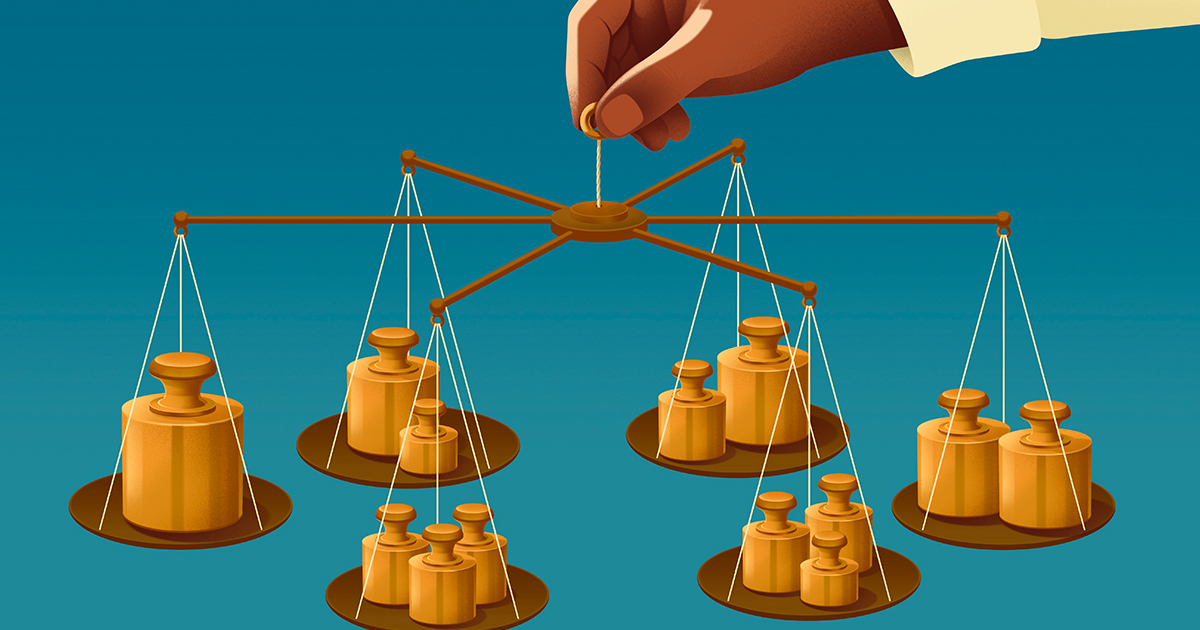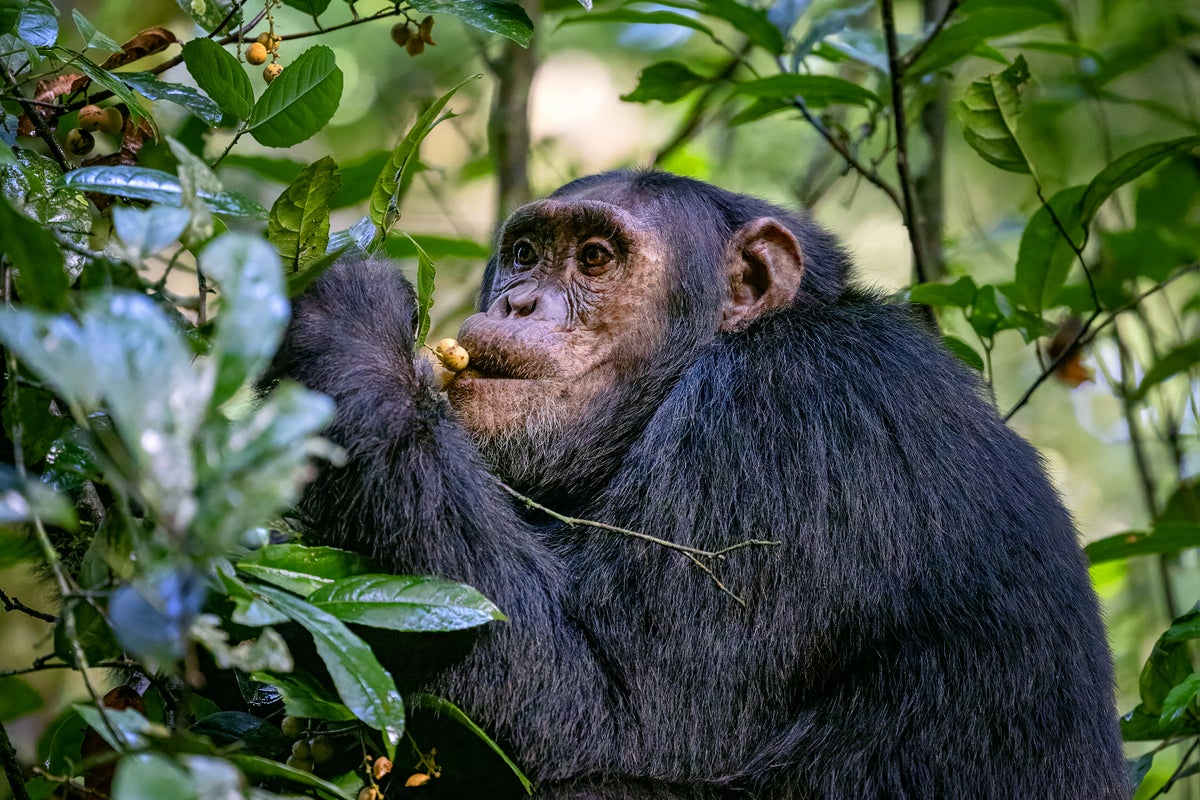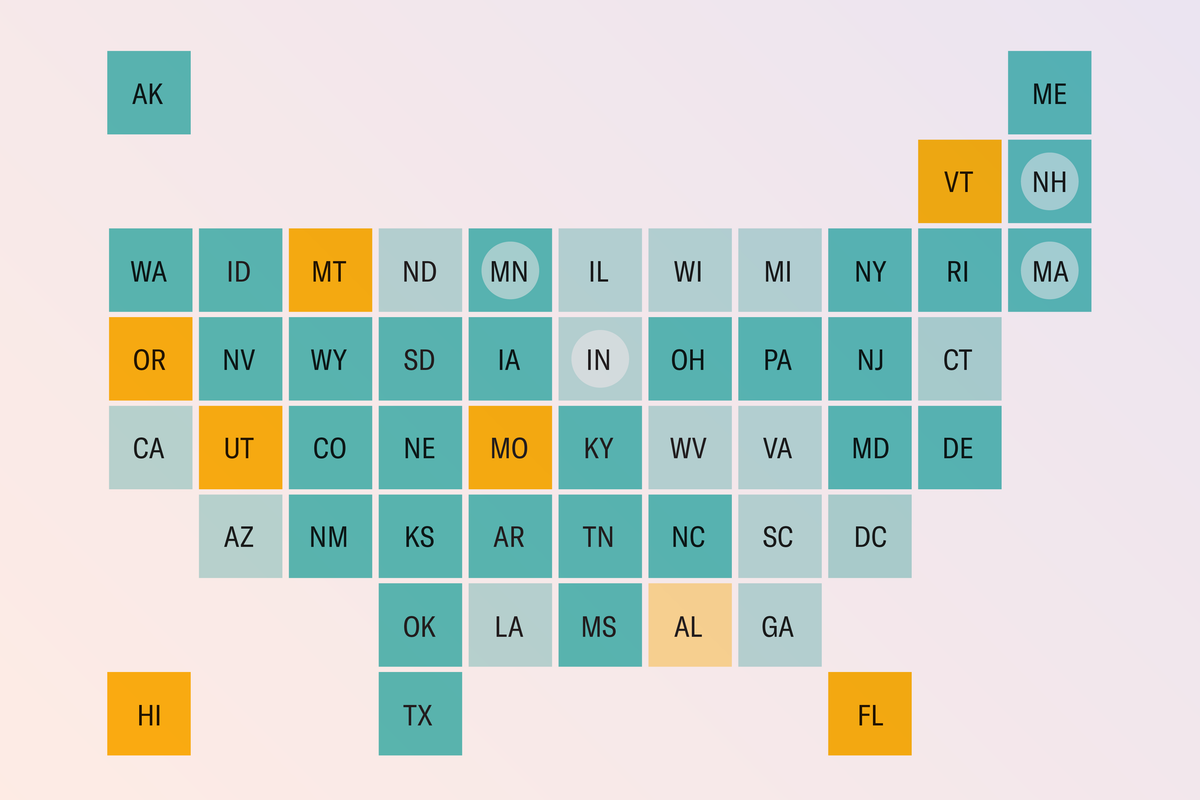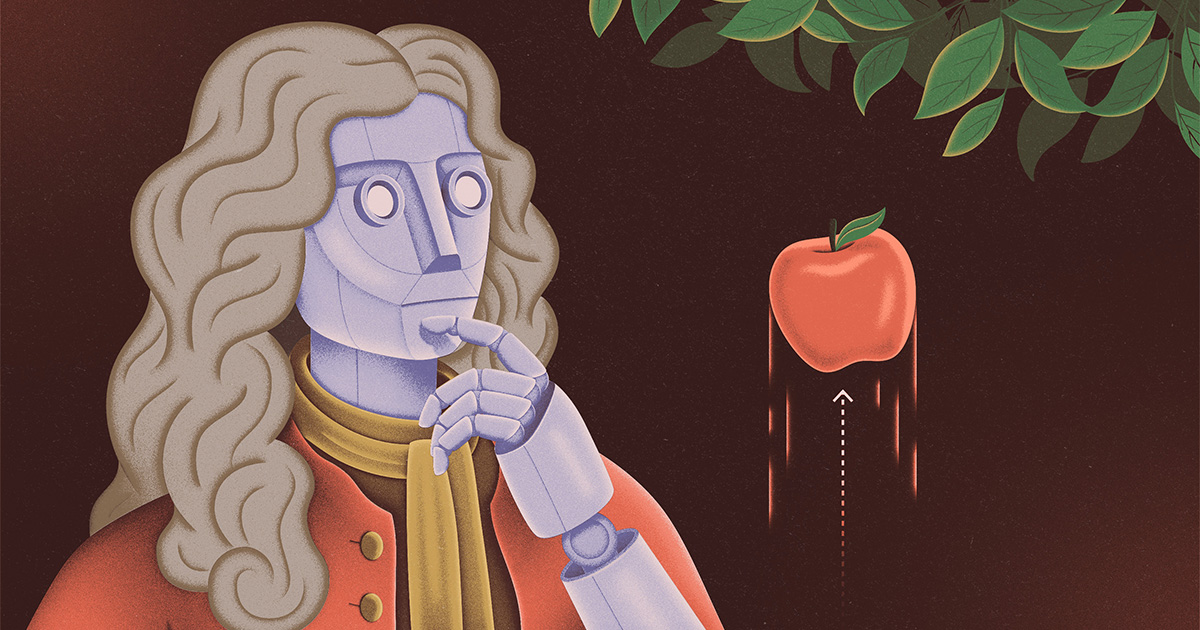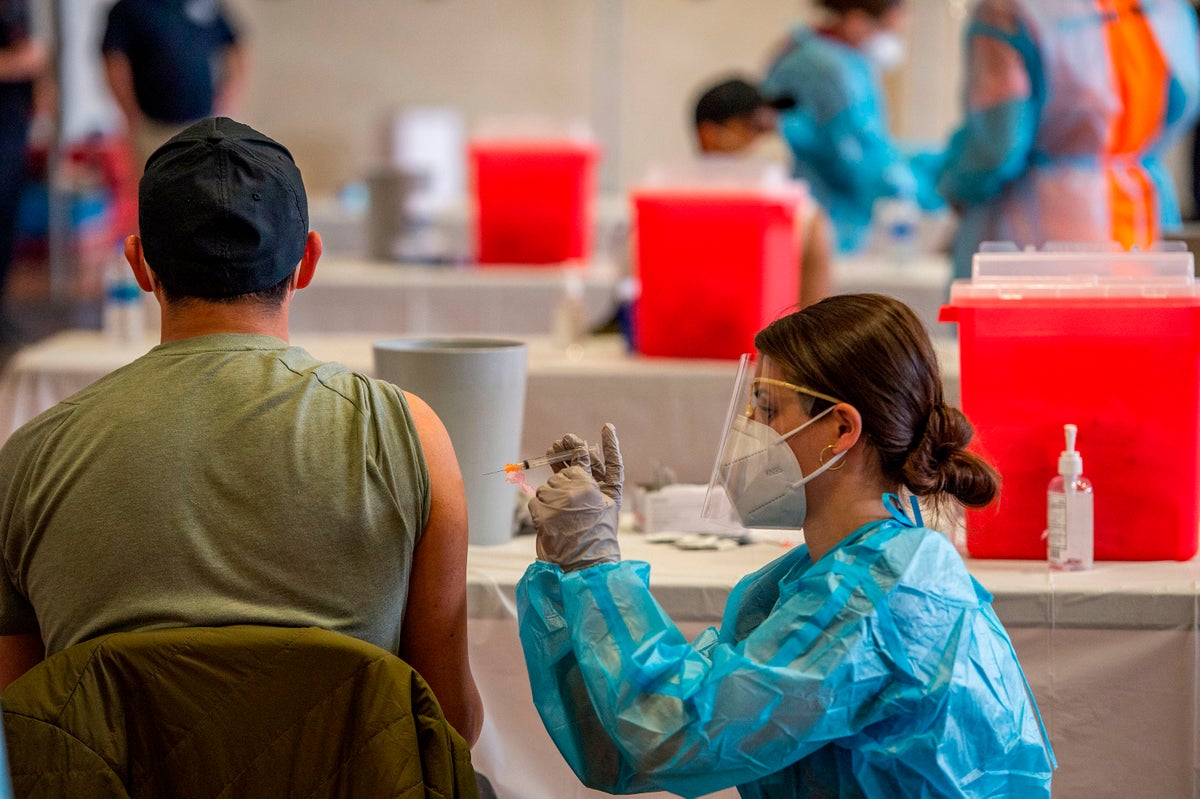In 1939, upon arriving late to his statistics course at the University of California, Berkeley, George Dantzig — a first-year graduate student — copied two problems off the blackboard, thinking they were a homework assignment. He found the homework “harder to do than usual,” he would later recount, and apologized to the professor for taking… Continue reading Researchers Discover the Optimal Way To Optimize
Category: Quantum Stuff
Chimpanzee Consumption of Boozy Fruit May Illuminate Roots of Humanity’s Love of Alcohol
September 17, 2025 3 min read Chimpanzee Consumption of Boozy Fruit May Illuminate Roots of Humanity’s Love of Alcohol Wild chimps ingest the equivalent of multiple alcoholic beverages a day By Kate Wong edited by Jeanna Bryner A chimpanzee eats fruit in the rainforest of Kibale National Park in Uganda. When chimpanzees eat ripe figs… Continue reading Chimpanzee Consumption of Boozy Fruit May Illuminate Roots of Humanity’s Love of Alcohol
A Thermometer for Measuring Quantumness
If there’s one law of physics that seems easy to grasp, it’s the second law of thermodynamics: Heat flows spontaneously from hotter bodies to colder ones. But now, gently and almost casually, Alexssandre de Oliveira Jr. has just shown me I didn’t truly understand it at all. Take this hot cup of coffee and this… Continue reading A Thermometer for Measuring Quantumness
What State-by-State Rules Mean for Your COVID Shot
Confusion over vaccine recommendations in the U.S. has hit a boiling point as the responsibility for handling them has spilled onto individual states. Regulators at the Centers for Disease Control and Prevention and the Food and Drug Administration have long provided trusted national guidance on who should get certain vaccines and when. But now reports… Continue reading What State-by-State Rules Mean for Your COVID Shot
Secrets of DeepSeek AI Model Revealed in Landmark Paper
September 17, 2025 4 min read Secrets of DeepSeek AI Model Revealed in Landmark Paper The first peer-reviewed study of the DeepSeek AI model shows how a Chinese start-up firm made the market-shaking LLM for $300,000 By Elizabeth Gibney & Nature magazine DeepSeek says its R1 model did not learn by copying examples generated by… Continue reading Secrets of DeepSeek AI Model Revealed in Landmark Paper
This Global Treasure Hunt Has Been Going for 25 Years
Bryan Roth had been hiking and scrambling for a while, with drop-offs evident around him, when his guides held out coveralls and pointed between two rocks. “We have to go in the hole,” one said. Roth was standing at the edge of a cave in Pirkanmaa, Finland. Inside, he knew, was a geocache: a container… Continue reading This Global Treasure Hunt Has Been Going for 25 Years
How One AI Model Creates a Physical Intuition of Its Environment
Here’s a test for infants: Show them a glass of water on a desk. Hide it behind a wooden board. Now move the board toward the glass. If the board keeps going past the glass, as if it weren’t there, are they surprised? Many 6-month-olds are, and by a year, almost all children have an… Continue reading How One AI Model Creates a Physical Intuition of Its Environment
How a Contentious CDC Vaccine Meeting Will Affect Public Health
The already tumultuous landscape of U.S. vaccine policy faces more turmoil in what’s anticipated to be a politically charged two-day meeting of a recently overhauled advisory panel to the Centers for Disease Control and Prevention. The Advisory Committee on Immunization Practices (ACIP) is an independent panel of experts that has traditionally met three times a… Continue reading How a Contentious CDC Vaccine Meeting Will Affect Public Health
These Clever Dogs Know the Difference between ‘Pull’ and ‘Throw’ Toys
September 18, 2025 2 min read Some Dogs Can Learn Categories like Human Toddlers Do These dogs can extend words to new objects based on function the way children do in early language learning By Anirban Mukhopadhyay edited by Sarah Lewin Frasier Researchers found that some dogs can learn terms for functional categories, such as… Continue reading These Clever Dogs Know the Difference between ‘Pull’ and ‘Throw’ Toys
New Math Revives Geometry’s Oldest Problems
But the methods were no longer effective when mathematicians only wanted to find, say, the number of real solutions to the equations in an enumerative geometry problem, or the number of integer solutions. If they asked an enumerative geometry problem in any number system other than the complex one, inconsistencies cropped up again. In these… Continue reading New Math Revives Geometry’s Oldest Problems
